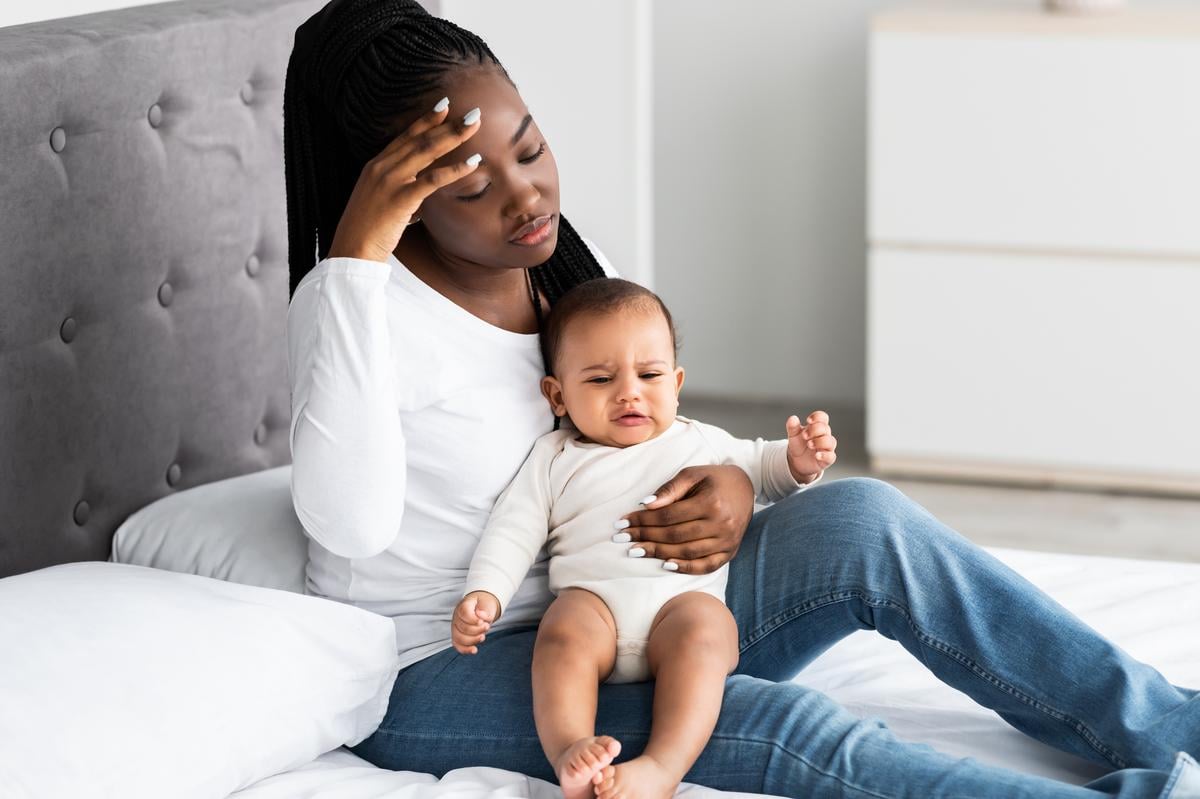
Women who’ve had concussions are more likely to suffer severe mental health problems following childbirth, a new study shows.
A history of concussion increased a new mother’s risk of severe mental illness by 25%, after adjusting for other factors, Canadian researchers reported.
“We found that individuals with a history of concussion were significantly more likely to experience serious mental health challenges, such as psychiatric emergency department visits or self-harm, in the years following childbirth,” said lead researcher Samantha Krueger, a registered midwife and doctoral candidate in health research methodology at McMaster University in Hamilton, Ontario. She conducted the study while at the the University of Toronto’s Institute of Health Policy, Management and Evaluation.
For the study, researchers analyzed data on more than 750,000 pregnant women in Ontario between 2007 and 2017. These women’s mental health outcomes were tracked for up to 14 years following delivery.
Among women with a history of concussion, 11% experienced severe mental illness. Only 7% of those without prior concussions developed severe mental disorders.
The findings, published Nov. 4 in the Journal of Clinical Psychiatry, were particularly striking among women with no prior history of mental health problems. A history of concussion increased their risk of severe mental illness following delivery by 33%.
“This association was especially strong for people with no prior mental health history, meaning that concussion may be an important but overlooked risk factor during pregnancy and postpartum care,” Krueger said.
The physical and emotional demands of parenting might exacerbate the lingering brain effects of concussion, said senior researcher Hilary Brown, an adjunct scientist at the Institute for Clinical Evaluative Sciences in Toronto.
“Sleep is critical to recovery after a head injury, but sleep deprivation is a reality for many new parents,” Brown explained in an institute news release. “Cognitive impairments, sensitivities to light and noise and the stress of caring for a newborn can all intensify concussion symptoms, which in turn may raise the risk of mental health issues over time.”
Given these results, the researchers said doctors should routinely screen expecting moms for concussion history, to make sure they get the help they need during pregnancy and following delivery.
“Our study points to a critical need for healthcare providers to take concussion history into account when supporting new parents,” Krueger added. “Early identification and long-term support could make a real difference in preventing serious psychiatric outcomes.”
More information
The National Alliance on Mental Health has more on mental health and new parents.
SOURCE: Institute for Clinical Evaluative Sciences, news release, Nov. 4, 2024
Source: HealthDay
Copyright © 2026 HealthDay. All rights reserved.

Leave a Reply